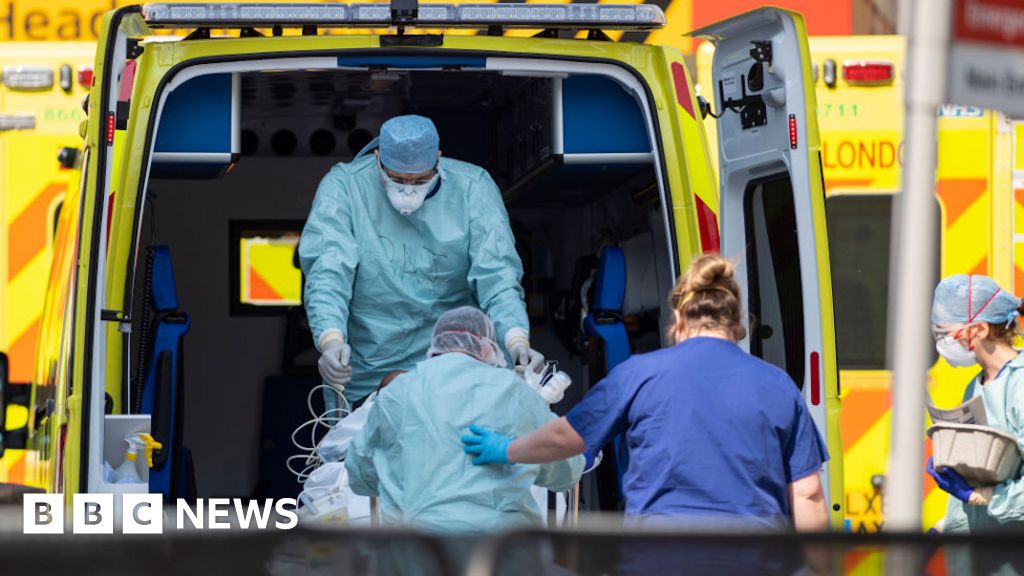Bantamzen
Established Member
Sadly I don't believe that is correct, otherwise the "handwashing etc" approach would have been enough and it wasn't.
In part that is because this is a new virus, and in part because governments were slow to react & get at least testing regimes in place, not to mention to have listened to advice for many years from experts saying that spare capacity should always be built in. Now if governments take heed going forwards, the next new virus, and there will be many, can be handled very differently.
However there may never be a vaccine, just ways to treat the effects and so we cannot simply treat ourselves as risk factors. We can't, that's the bottom line. And so we must move back to a close to our original position as possible, and mitigate the risks as we do. If basic handwashing, & not coughing all over people was not an effective method, humanity would have been wiped out a very long time ago.
While I disagree that simple hygiene and common sense are unlikely to mitigate the risk long term by themselves, I personally think they're all we can afford to do long term unless we want to see society and our economy continue to collapse. In fact, I personally feel that both are already well on their way to total collapse.
That you don't agree is fair enough, I do think however that they for the most part will. What we could do with is more options to be able to wash our hands, e.g. more public convivences that are well maintained, and that people learn to cover their mouths & noses when coughing or sneezing, perhaps doing as they do in East Asia in particular and wear a mask when they have symptoms. But things like wearing masks all the time, especially when many don't actually provide that much protection from the virus, or keeping 2 metre or more distance from each other are methods that are just not workable even for more than a few months, let alone years. As you rightly note, the basics are really all we as citizens can really do in the long run, it is up to governments to provide the infrastructure to allow us to keep as high a level of hygiene as possible, and to provide the healthcare capacity in at least warm storage for when future outbreaks occur (and not just for this virus).
Last edited:

 ) that should have been done and invoiced, but I realise I'm incredibly lucky to have recovered as quickly as I did, to even have work to do at the moment and to work with clients that were understanding enough for me to take the time out.
) that should have been done and invoiced, but I realise I'm incredibly lucky to have recovered as quickly as I did, to even have work to do at the moment and to work with clients that were understanding enough for me to take the time out.